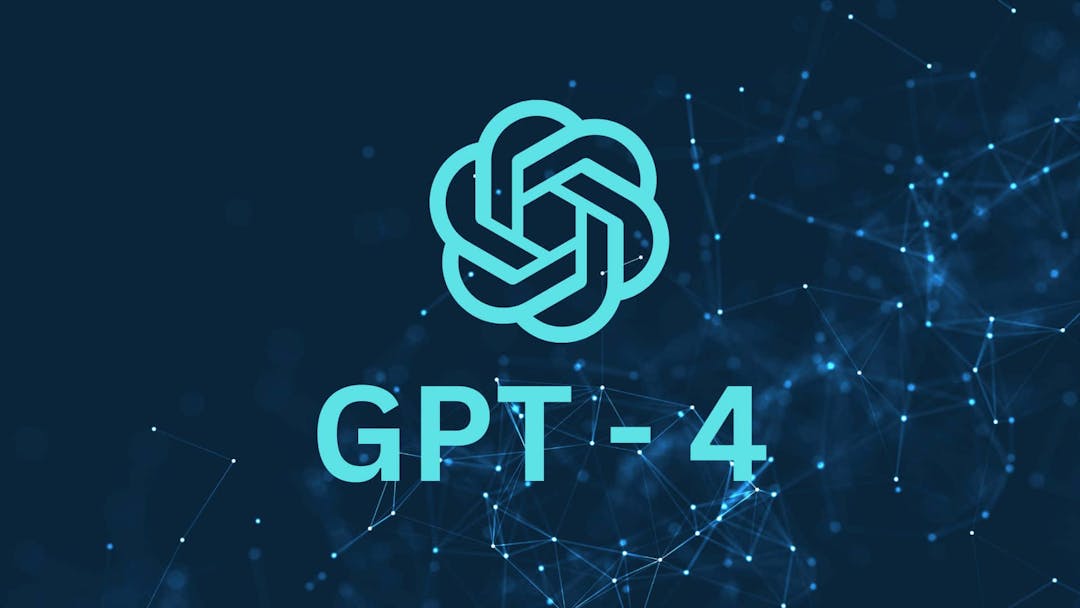Showing posts from software category

Tech and AI Innovation: How AI is Transforming Communities in Kenya
Last week, I attended an AI conference that showcased groundbreaking innovations in Kenya’s North Horr Constituency—a region demonstrating how AI and digital tools can revolutionize communities, even...

A Journey of Learning: From Software Engineer to Team Lead
Transitioning from a senior software engineer to building and leading an internal team at Farmbetter marks a significant shift not only in my professional journey but also in the way I communicate my...

TypeScript Stage 3 Decorators: A Journey Through Setup and Usage
So, What Are TypeScript Decorators? In the simplest of terms, a decorator in TypeScript is like a wrapping paper. You take a function or a class and wrap it with another function that adds some extr...

JavaScript Equality Under the Lens: Enhancing React’s Dependency Checks - Part 2
In a previous blog, [JavaScript Equality Under the Lens: Enhancing React’s Dependency Checks](https://www.balysnotes.com/javascript-equality-checks), we delved into the nuances of JavaScript data typ...

 Brian Baliach
Brian Baliach- 19 Jun 2024
Streamlining Your Next.js Project with Private GitHub/Gitlab Repositories as NPM Packages
### Using Private GitHub/Gitlab Repos in Your Next.js Projects Imagine this scenario: you're working on a super cool Next.js project, and you have some shared code that you'd like to use across mult...

Introduction to Domain Driven Design: Bridging the Gap Between Complex Systems and Software
Recently, I was asked to present on Domain Driven Design. As I delved deeper into the research, it became clear that DDD is a crucial aspect of system architecture that many developers don’t fully gr...

Escaping Deployment Hell: How Feature Flags Can Transform Your Workflow
Feature flags, also known as feature toggles, are a powerful technique that allows us to alter the behavior of our software systems without changing code. Originating from the need for safer deploym...

JavaScript Equality Under the Lens: Enhancing React's Dependency Checks
JavaScript, a language of many faces, often presents concepts that are deceptively simple yet profound in their implications. Among these, understanding equality checks and the nuanced landscape of J...

Unraveling Recursion: A Practical Look at the Call Stack and Heap
If you’ve been following me, you might recall a harrowing tale of a developer coming to grips with recursion. The aptly titled 'Decoding Recursion: The Concept That Had Me Stumped'. But your cogitatio...

Decoding Recursion: The Concept That Had Me Stumped
Microservices might be the heroes of scalable and reliable applications today, but let's shift gears and talk about a concept in the software development landscape that is as mind-bending as it is pow...

 Brian Baliach
Brian Baliach- 09 Jun 2023
Private GPT: Building a Web Scraper with HTML Parsing in TypeScript (Part 1)
In this blog, we will explore the process of building a web scraper using HTML parsing capabilities in TypeScript. This is the first part of a two-part series, where we will use this HTML scraper to ...

 Brian Baliach
Brian Baliach- 19 May 2023
Bypassing GPT-4's Context Length Limitation with Sliding Window Technique
GPT-4, despite its incredible linguistic prowess, suffers from a noteworthy constraint: its context length limitation, which essentially refers to the maximum number of input tokens. The sliding wind...

 Brian Baliach
Brian Baliach- 19 May 2023
The Final Act: Streaming Video and Receiving it in a WebRTC Video Conference (Part 3/3)
Welcome back, fellow video conferencing enthusiasts! In the previous parts of our blog series, we've covered accessing the webcam's video stream and setting up a signalling server. Now it's time for ...

 Brian Baliach
Brian Baliach- 12 May 2023
Setting Up a Signalling Server: Client Video Streaming (Part 2 of 3)
Welcome back to our thrilling three-part series on setting up a peer-to-peer connection for client video streaming. In [Part 1](https://www.balysnotes.com/setting-up-a-peer-to-peer-connection-video-s...

 Brian Baliach
Brian Baliach- 07 May 2023
Setting Up a Peer-to-Peer Connection: Client Video Streaming (Part 1 of 3)
Welcome to the first part of our three-part series on setting up a peer-to-peer (P2P) connection to send a video stream between two clients (a server serving as an intermediary only for initial conne...

 Brian Baliach
Brian Baliach- 23 Apr 2023
gRPC: A Modern Approach to Microservices Communication
In today's world, microservices architecture has become a popular approach for building scalable and reliable applications. With microservices, an application is broken down into smaller, independent...

 Brian Baliach
Brian Baliach- 20 Apr 2023
Tic-Tac-Toe: Exploring a TypeScript Code Example
Hello, fellow code connoisseurs! I've recently decided to refresh my memory on data structures and algorithms. This current project is inspired by freecodecamp's tic-tac-toe example. Buckle up, and l...

 Brian Baliach
Brian Baliach- 17 Apr 2023
Deploying Your Laravel App on Docker, With NGINX and MySQL
If you are a django developer, you can find a really comprehensive tutorial here: [django on Docker](https://lewiskori.com/post/deploying-a-python-django-application-using-docker) ## Now Shall We? D...

 Brian Baliach
Brian Baliach- 12 Apr 2023
An Introduction to Spring Boot: MySQL, JPA and Hibernate
Before we start, this post is mostly aimed at Java developers, specifically Java developers who use the Spring umbrella of frameworks for development. If you are not a Java developer, you can still re...

 Brian Baliach
Brian Baliach- 11 Apr 2023
Blockchain Technology: A case study of Bitcoin
There has been a lot of hype around this mysterious new complex technology of storing and exchanging money that is decentralized, distributed and public. **Well, Spoiler-alert: It's not as complex as ...